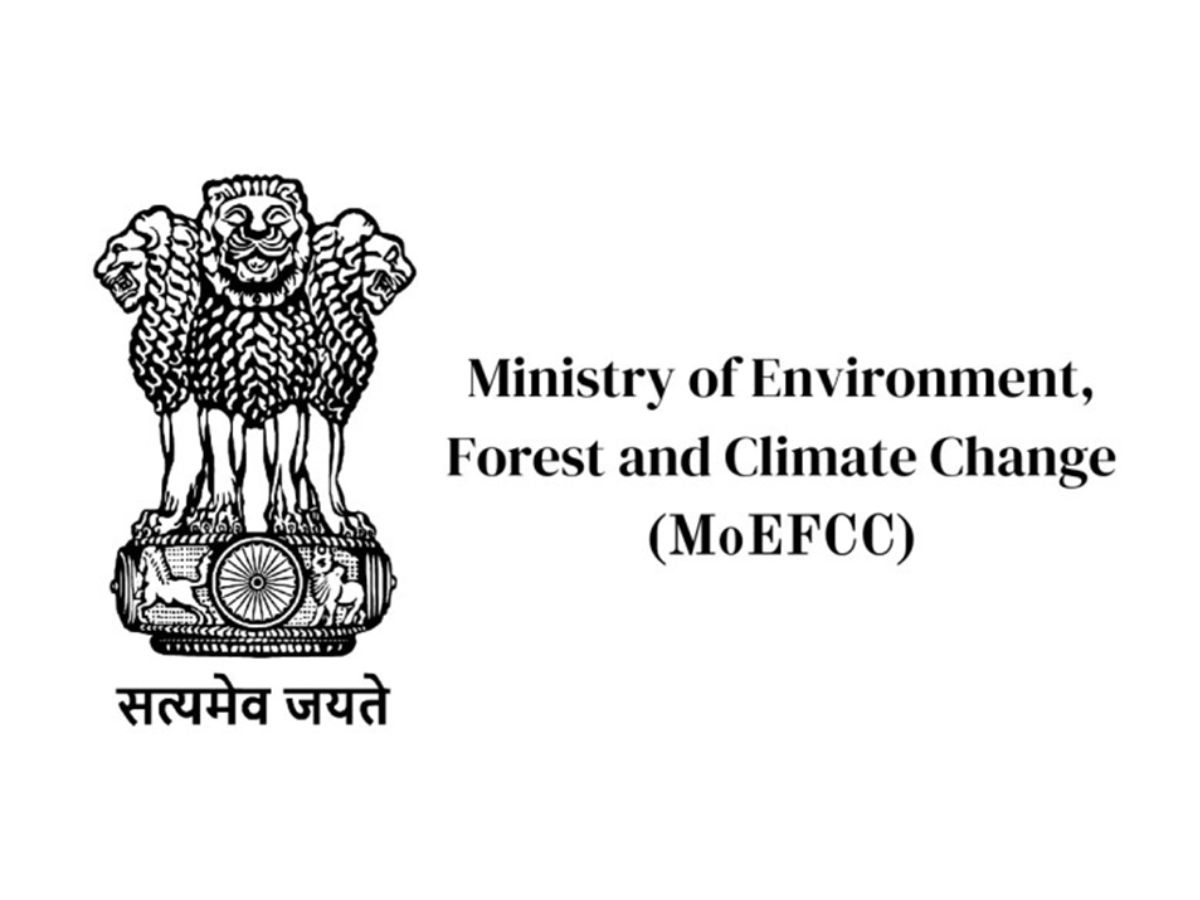Thermal Power Plants Get Exemption from Installing SO2-Curbing FGD Systems
The Ministry has issued a clarification about the report regarding the applicability of Sulphur Dioxide norms in respect of Thermal power Plants has been grossly misinterpreted.

Thermal Power Plants Get Exemption from Installing SO2-Curbing FGD Systems
The Ministry of Environment, Forest and Climate Change has issued an advisory where it has exempted the majority of India’s Thermal Power Plants from installing flue gas desulphurization systems which are designed to curtail the Sulphur dioxide emissions.
The Ministry has issued a clarification about the report regarding the applicability of Sulphur Dioxide norms in respect of Thermal power Plants has been grossly misinterpreted.
The norms of Sulphur Dioxide emissions from Thermal Power Plants (TPPs) which is based on extensive consultations with stakeholders and research institutions regarding the effectiveness and rationale behind stack emission standards for SO2 on 537 TPPs throughout the country, and its role in overall ambient air pollution of the region.
Further these norms were based on detailed scientific studies which were carried out by premier Institutions such as IIT Delhi, National Institute of Advanced Studies as well as by the National Environmental Engineering Research Institute– a constituent laboratory of Council of Scientific and Industrial Research besides scientific examination by Central Pollution Control Board.
The Ministry has stated in a social media posts that media reports misrepresent both the scientific evidence and the environmental policy rationale underlying the revised notification. Contrary to claims of regulatory dilution, the Ministry’s decision represents a rational, evidence-based recalibration anchored in current ambient air quality data, sectoral emission trends, and broader sustainability imperatives.
Current exposure levels provide no credible evidence to suggest that SO2, under prevailing ambient conditions, is a major public health concern. Moreover, sulfate aerosols formed from SO2 constitute a relatively small fraction of PM2.5. A detailed analysis carried out by IIT Delhi shows that sulfate contributes only 0.96% to 5.21% of PM2.5 and 0.57% to 3.67% of PM10 in cities near TPPs.
The assertion that sulfur compounds contribute 12–30% of PM2.5 is an unsubstantiated claim and not supported by any rigorous scientific studies conducted in major Indian cities, and it significantly overstates the contribution of SO2 in India’s particulate pollution burden.
Join PSU Connect on WhatsApp now for quick updates! Whatsapp Channel

